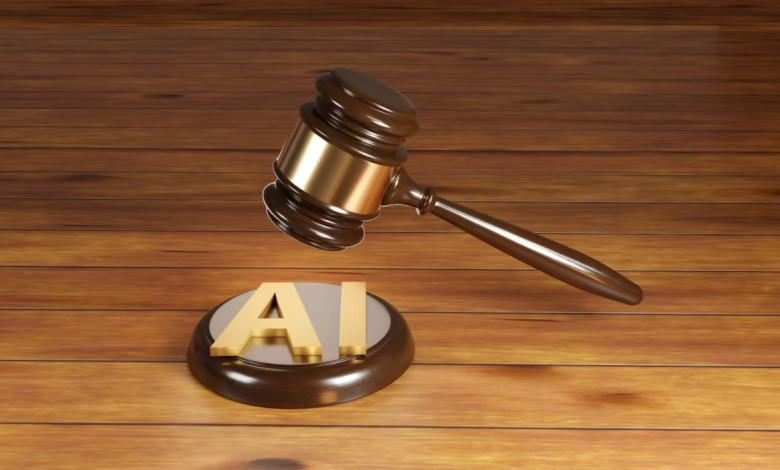UK Court Warns Lawyers Over Fake AI Citations: Severe Penalties Ahead

▼ Summary
– The High Court of England and Wales warns lawyers to prevent AI misuse, stating tools like ChatGPT cannot reliably conduct legal research.
– Judge Sharp notes AI-generated responses may appear coherent but can contain false or irrelevant information, requiring verification by lawyers.
– Lawyers must verify AI research against authoritative sources before using it professionally to avoid severe sanctions.
– Two cases highlighted involved lawyers submitting filings with fake or irrelevant citations, possibly due to AI-generated errors.
– Non-compliance with professional obligations may lead to sanctions ranging from public admonition to police referral.
The UK legal system is cracking down on lawyers who rely on unverified AI-generated content in court filings, warning of serious consequences for professional misconduct. A recent High Court ruling emphasizes that while artificial intelligence tools can assist legal research, they cannot replace thorough verification through authoritative sources.
Judge Victoria Sharp addressed two concerning cases where lawyers submitted documents containing fabricated case citations, some of which appeared to be AI-generated. In one instance, nearly half of the referenced cases didn’t exist, while others were misquoted or irrelevant. Another filing cited five nonexistent legal precedents, though the lawyer involved claimed the errors stemmed from summaries found via search engines rather than direct AI use.
The court stressed that generative AI tools like ChatGPT often produce convincing but inaccurate responses, making professional verification essential. Lawyers have a duty to cross-check any AI-assisted research before presenting it in court. Failure to do so could result in sanctions ranging from public reprimands to financial penalties, contempt charges, or even police involvement in severe cases.
While the court opted against contempt proceedings in these instances, Judge Sharp clarified that this decision doesn’t set a precedent. Both lawyers involved were reported to regulatory bodies, underscoring the judiciary’s commitment to maintaining professional standards. The ruling will be shared with key legal organizations, including the Bar Council and the Law Society, to reinforce compliance.
The message is clear: relying on unchecked AI output risks not only professional reputations but also the integrity of legal proceedings. As technology evolves, the legal profession must balance innovation with rigorous accountability to uphold justice.
(Source: TechCrunch)